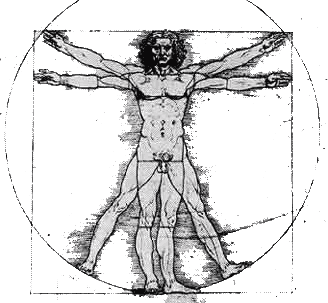Bellisle F et. al. Meal frequency and energy balance. Br J Nutr. (1997) 77 (Suppl 1):S57-70
Although some short-term studies suggest that the thermic effect of feeding is higher when an isoenergetic test load is divided into multiple small meals, other studies refute this, and most are neutral. More importantly, studies using whole-body calorimetry and doubly-labelled water to assess total 24 h energy expenditure find no difference between nibbling and gorging. Finally, with the exception of a single study, there is no evidence that weight loss on hypoenergetic regimens is altered by meal frequency. We conclude that any effects of meal pattern on the regulation of body weight are likely to be mediated through effects on the food intake side of the energy balance equation.
Did you just read that right!!!???!
Meal Frequency does not matter in regard to weight loss!!!! Let me repeat meal frequency does NOT have any effect on weight loss. This abstract was taken from a large research review that looked at multiple studies regarding meal frequency (How many times a day you eat)
If you have trouble comprehending some of the stuff you read above let me break it down for you. There has been a long standing myth in the fitness world that somehow eating more frequently (For example every two hours) keeps the metabolism burning on overdrive. This myth causes A LOT of stress when dieting because people then need to constantly plan when they eat, what they should eat, should I pack food? etc... For a person living a fast paced lifestyle this becomes a burden very quick and eventually they end up missing a meal. In reality this is not a big deal but what usually happens when a person breaks one of their rules on a diet instead of just hopping back on the horse per say... they have a full scale meltdown abandoning their diet and binge.
This myth may have been propagated with good intentions. It turns out that every time you eat, your body needs to use energy to break down that food. This is referred to as the thermic effect of food (TEF). So for instance if you ate a 500 calorie meal you could "burn" about 50 calories digesting it. The idea was that the more times a day you eat the greater (TEF) so you would get an increase in metabolism because you would take advantage of all the calories your body has to burn when you eat. So in theory the more you ate the more calories you burnt digesting food therefor the claim was that you had a elevated metabolism.
By eating more meals a day people would spread their calories out more and eat smaller meals more often. After eating the thermic effect of food would indeed burn calories but what people weren't taking into account is that even though they took advantage of the TEF more, the total TEF was less for smaller meals. When people ate less frequently they ate more each meal so the thermic effect of each meal was greater. For example if I was eating 6 meals a day I might have 6 separate 500 calorie meals and burn 50 calories digesting each meal or 50*6= 300 calories that day. Now if I were eating less frequently say three meals a day. I would be eating three 1000 calorie meals. The bigger meals require a greater TEF so I would be burning 100 calories trying to digest this larger meal. As you can see at the end of the day both groups eating six and three meals burnt 300 calories digesting food making no difference what so ever on weight loss.
If you had trouble understanding the technical stuff above just be aware that meal frequency (how many times a day you eat) is largely unimportant when looking for weight loss or weight gain. Every person should experiment with themselves and see what works best for them. My reccomendations would be to eat in a way that will fuel your excercise goals, and keep you full. This can change day to day don't worry about eating your meals so much. If you need to skip breakfast feel free, just make sure not to gorge later. If you enjoy eating six times a day feel free to do that as well. This could be one to nine times a day it DOES NOT matter. What does matter is creating a consistent caloric deficit over time. The calories in the food matter not when you eat them!
For more evidence that meal frequency doesn't matter check out Martin Berkhan's work over at lean gains... http://www.leangains.com/

Pat - nice article. Its funny how myths like eating 7 meals a day stick around for so long, even though the research debunking it dates way back to 1997.
ReplyDelete